February 2026 / September 2026
Full time
24 months
Taicang
This programme leads to a University of Liverpool degree which is recognised by Ministry of Education, China.
Knowledge and skills
By the time you graduate from the MSc Cultural and Creative Industries, you will have:
- a comprehensive understanding of the historical development and contemporary practices of cultural and creative industries;
- proficiency in methodologies and research techniques across various disciplinary landscapes;
- insights into key processes in project development within the cultural, creative, interactive media, and film industries, along with cutting-edge knowledge of the application of artificial intelligence;
- competencies required by cultural and creative industries with highly advanced professional practice skills; and
- an awareness of major theories and debates that contribute to the understanding of cultural and creative industries as a creative, innovative, and economic practice.
The MSc Cultural and Creative Industries is an inclusive and dynamic programme designed to equip students with transdisciplinary knowledge and skills. This programme integrates theoretical foundations with practical and industry-oriented courses, preparing students to become complex talents required by the industry.
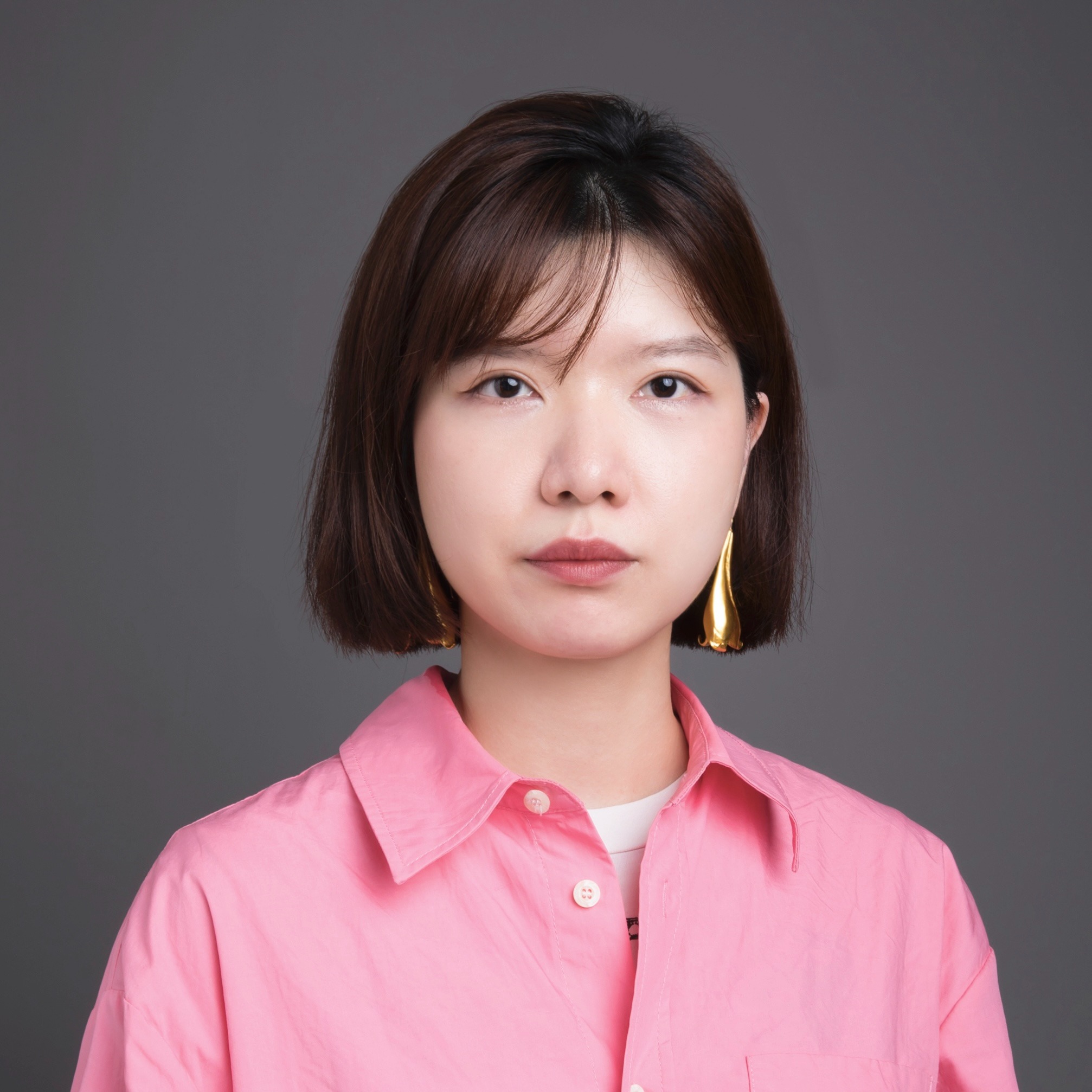
Dr Yiqing Yang
Programme Director
Modules
*Programme modules listed are illustrative only and subject to change. XJTLU students are advised to log in to the e-Bridge Portal to view the effectuated module structure.
Semester 3
Core Modules
Semester 4
Core Modules
Optional Modules
Semester 3
Core Modules
Semester 4
Core Modules
Optional Modules
Semester 3
Core Modules
Semester 4
Core Modules
Optional Modules
Semester 3
Core Modules
Semester 4
Core Modules
Optional Modules
Semester 1
Semester 2
The university offers a broad range of activities aiming to enrich master students’ theoretical and experiential learning and professional development. Trainings, workshops and seminars, covering varieties of themes and topics, both generic and subject-specific, are often offered at both university and school/department levels. You may also be provided with opportunities to work as a teaching assistant, research assistant, or intern at XJTLU. Depending on the programme, field trips and company visits may be organized, and invited talks may be given by the industrial experts and professionals. Such activities will not only support you in your programme study, but also develop your personal and professional skills and enhance your overall employability.
The MSc in Cultural and Creative Industries is not just an art programme; it integrates knowledge from marketing, communication, humanities, and social sciences. The school organises various activities and dialogues with industry leaders, providing opportunities for internships and practical experience. This engagement with the industry has given me a clearer idea of my future career path, what I can do, and what I am best suited for.

Yilin Li
Student, MSc Cultural and Creative Industries
I believe the characteristics of our programme are bold and creative. Students of MSc Cultural and Creative Industries possess a unique understanding of the world and engage in deep philosophical thinking. They are not outdated or uncritically agreeable; instead, they challenge conventional ideas with originality and thoughtfulness.
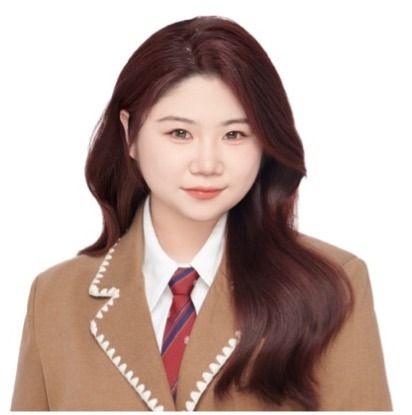
Meitong Liu
Student, MSc Cultural and Creative Industries
Careers
Graduates will be well-prepared for diverse positions in cultural and creative sectors:
- The Content Producing Pathway helps students become film or media producers, media managers, visual storytellers, film or media distributors, media planners, media operation managers, content creators or planners, and more.
- The Creative Industries Pathway enables students to work as visual designers, creative directors, brand marketing managers, digital media designers, cultural product designers, and more.
- The Cultural Industries Pathway prepares students to become cultural heritage and tourism planners, event planners and managers, exhibition curators, cultural affairs specialists, digital cultural workers, theatre or gallery operation managers, and more.
- The Interactive Media Pathway equips students to work as immersive experience developers, multidisciplinary installation artists, game designers/developers, interactive media designers, sound designers, interactive performance artists, creative technologists, user experience (UX) designers, AR/VR specialists/developers, multimedia producers, 3D artists, and more.




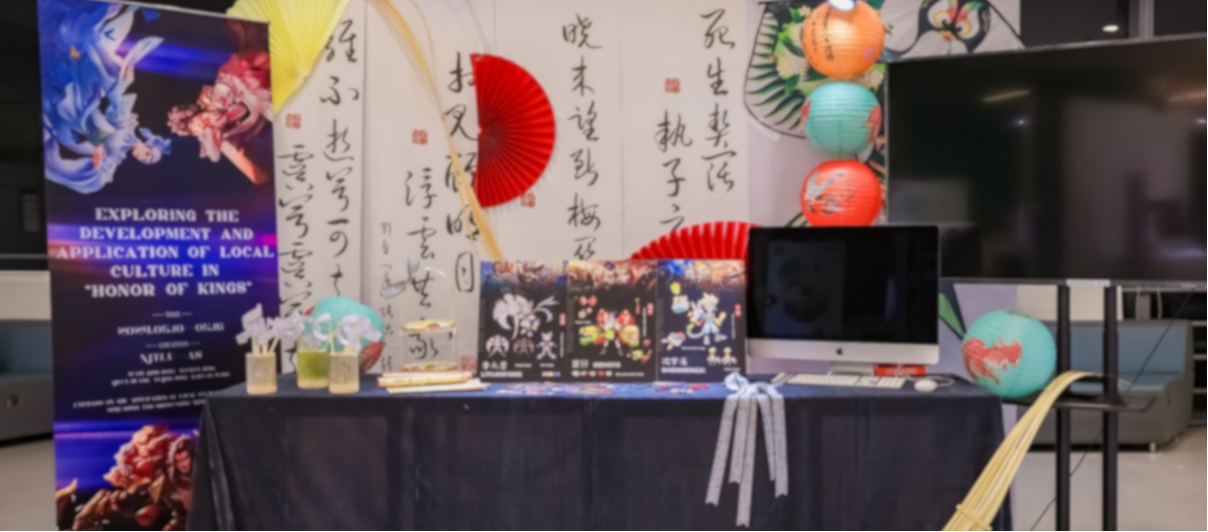

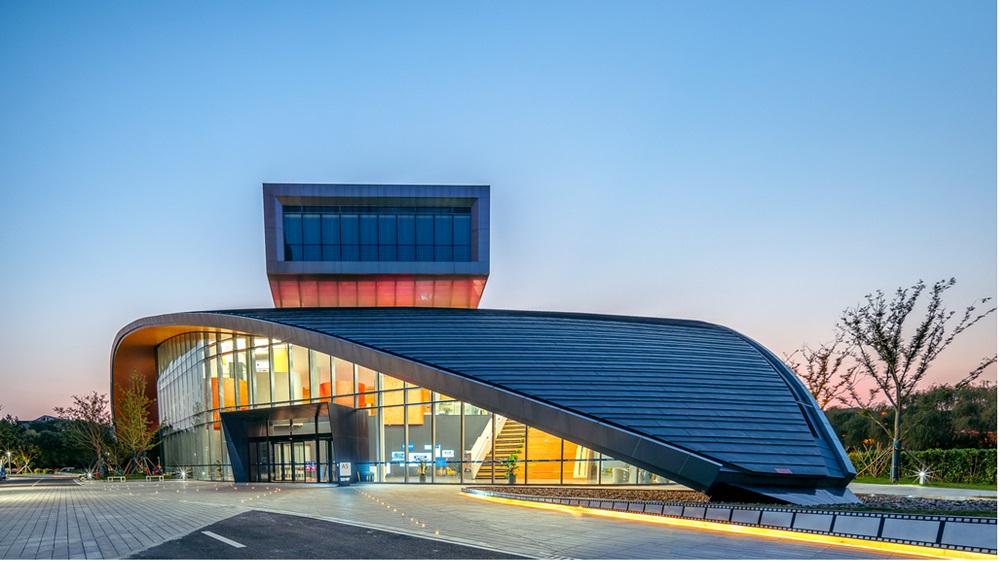
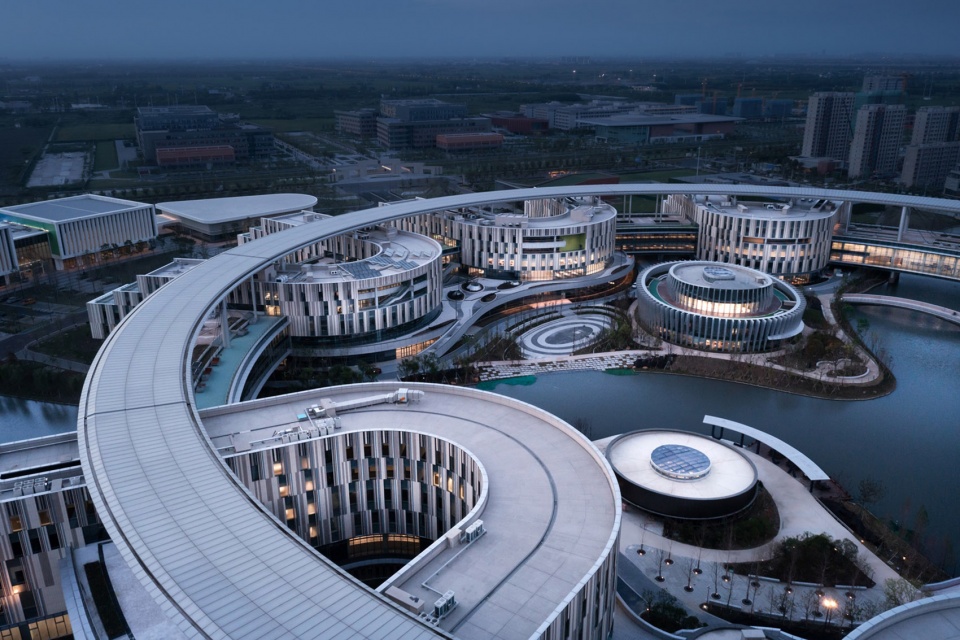














Overview
The continued rise and evolution of the cultural and creative sector is a captivating trend worldwide. The MSc Cultural and Creative Industries programme offers students a roadmap to dynamic careers in the creative, cultural, media, film and television, and new media fields. It offers insights into cultural policies, governance, the operation of cultural and creative industries, and the development of digital creative industries. The programme aims to contextualise cultural economies within the framework of industry and explore their applications and implications for contemporary industrial practices.
The Academy of Film and Creative Technology delivers this programme which offers four pathways to suit the needs of a diverse student population. Regardless of the pathway, students are engaged in cutting-edge media, technology, and creativity. In addition to the subject matter, the programme features strong entrepreneurial elements, a hallmark of all postgraduate courses in the Academy.
The four pathways of MSc Cultural and Creative Industries are:
Why Study Cultural and Creative Industries at XJTLU?
The programme provides students with interdisciplinary knowledge, practical skills, and the ability to apply artificial intelligence across various cultural and creative fields, including film, digital media, content creation, visual arts, media design, branding and marketing, publishing, game cultural and design, animation, exhibition planning and curation, and cultural heritage and tourism, among many other areas.